When supermodel Ashley Graham was the backstage host for the Miss USA 2017 pageant, she demanded more body diversity onstage. And with body positivity taking the globe by storm, it had us wondering why we DON'T see more plus-size contestants competing to become Miss America.
While there are plus-size pageants, to compete for the crown in a traditional pageant, where your body type is outside the narrowly-prescribed pageant "norm," is practically an anomaly.
Twenty-four-year-old Rachel Froug is a curvy girl who has participated in about 120 Georgia-based pageants in her life. But despite being a talented performer, excellent student, and engaged community volunteer, it was her dress size — a 12 when she was competing — that determined the crowns that she won… and lost.
She talked to me about what it's really like to be a plus-size pageant queen.
Froug didn't consider herself curvy until she started competing in pageants in the seventh grade.
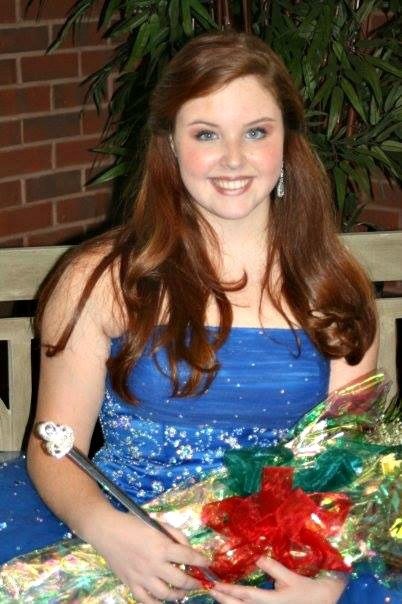
When Froug started doing pageants, she was about 145 pounds — at 5'4," this is a perfectly normal weight for her height.
"It’s kind of weird because back then I didn’t think necessarily think that I was curvy or plus-size. But looking back now, and I see a lineup of me with 15 other girls, and everyone else is like a size two, and there I was," Froug said.
She also received backhanded comments as a curvier pageant girl. "At pageants, people would always say, 'Oh [you] have such a pretty face,' but [they thought] there [was] almost something that looked unhealthy if a girl was softer," she said.
"And so when they’re looking for perfection, you can have the prettiest face and the most beautiful smile, and a great personality, but someone who is thinner will probably win out because they look 'healthier.' They look more 'ideal,'" she said.
Once again, the definition of "healthy" means "thin" in the pageant world.
Froug, who is a former cheerleader, said she felt her body wasn't considered "athletic" enough to meet the warped pageant body ideal. Because of this, Rachel didn't participate in pageants that had a swimwear element.
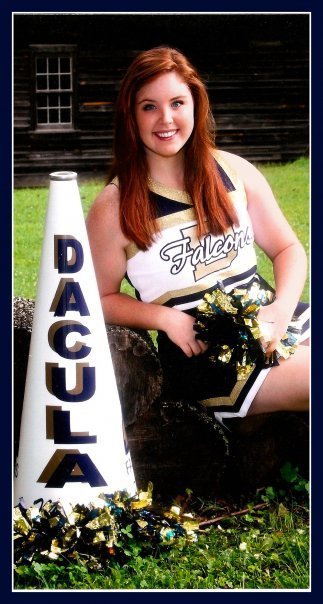
The pageant world associates health with thinness, rather than the individual's actual well-being or athleticism. She also thinks that judges might stereotype curvier individuals as "lazy."
"I think a lot of it is because they see girls who are bigger and they think that’s not the ideal. The ideal is to be a perfect BMI and be able to do all of these [volunteer activities]," she said.
"The standards in general are high. The standards for curvier women and people of color are higher," Froug said.
Even though Froug was no longer in a bikini onstage, she felt extra pressure when it came to her clothes. Dressing her "bigger" body became a struggle to stand out.
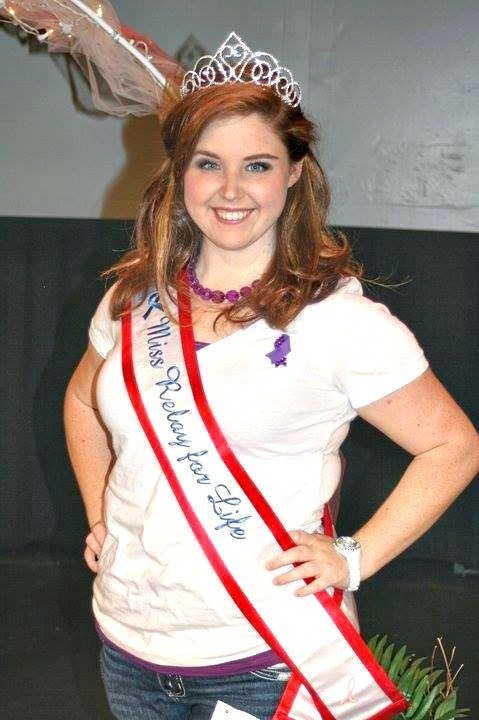
As a curvier girl, Froug felt like she had to dress 10 times better than her thinner peers.
"Something that would look cute on me, wouldn’t look nearly as cute on someone who’s a perfect size four," Rachel said. "I had to put a lot of thought into my routines and into my outfits to make them not just flattering on me, but make them look spectacular."
"I’m like, 'I have to put a bandana in my hair. I have to bedazzle my jeans. I have to wear cheetah-print heels!' I have to go so much further to show the judges that, 'Hey, look how smart and cute and charming I am,'” Froug said.
Froug also found the evening gown portions of pageants prohibitive because of her size.
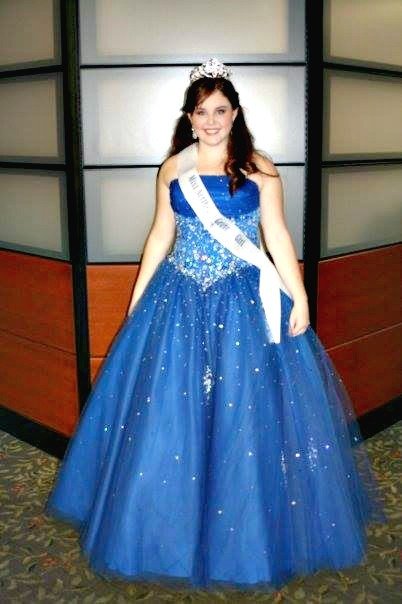
Although huge ballgowns were fine for younger contestants, once Froug hit high school she noticed a shift towards more form-fitting gowns — something she didn't think pageant judges would approve of on her.
"I have the 'pooch' that makes me look pregnant if I wear something too tight," Froug said, who was about a size 11 to 12 at the time. "And I would have the fat that rolls over your dress or your bra or something showing. And I had to be very, very careful with my choices."
Although there were plus-size pageant gowns, she felt like the prices were astronomical compared to the straight-size gowns.
"You can find something flattering," she said. "Now, are they going to charge more because this dress was made more exclusively on a plus-size line? Yeah, they are. And that’s ridiculous."
She felt like the "Queen of First Runner-Up" because judges couldn't see past her curves.
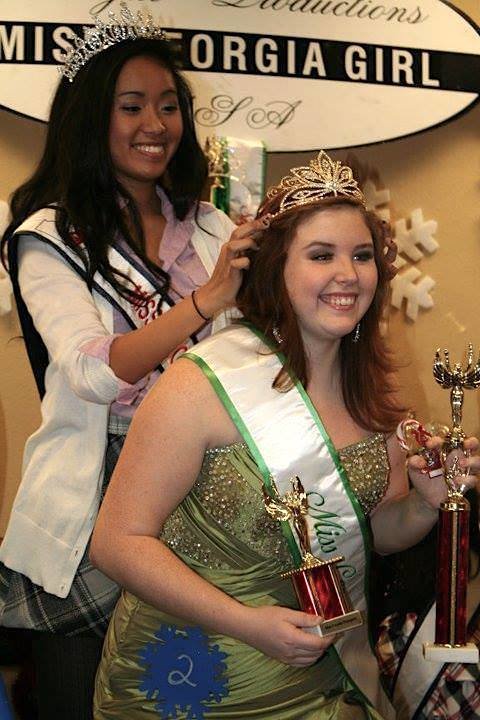
By the time she retired, Froug had won between 10 and 15 pageants, and been first runner-up in about 30. At her last pageant, Froug lost by only a few points — which was not an uncommon occurrence.
"Every time I’d lose a pageant I’d think, 'Oh well. My dress wasn’t the right color. My hair wasn’t high enough.' Like I wasn’t wearing false eyelashes or something like that," she said.
"I wanted desperately to believe that it [wasn't] my weight, " she said. "I never wanted to think that it could be anything other than just formulaic, I guess."
Additionally, her pageant peers didn't take her seriously — as one of the few bigger girls, they assumed she'd be eliminated first.
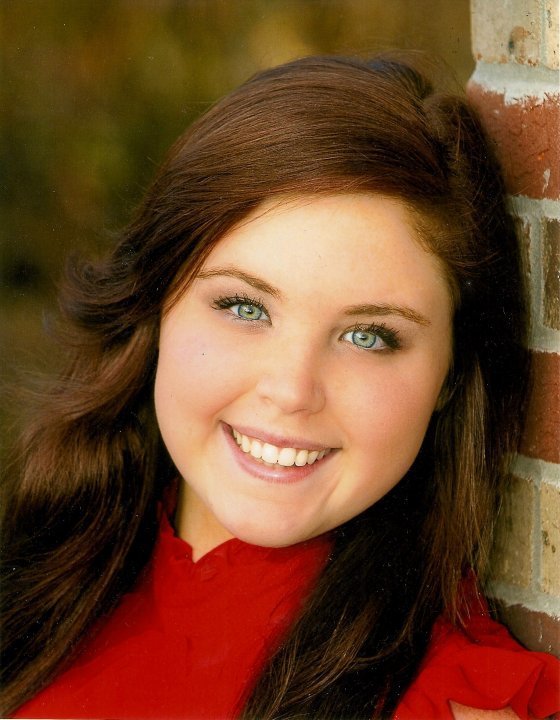
"I never experienced a lot of outright negativity, but it was a very backhanded thing," she said. "[Other girls] wouldn’t try to get to know me or anything because they just assumed I was another girl who was going to come in last," she said.
She was often told to "have fun," rather than focus on winning, which frustrated her. "After spending thousands of dollars and [many] years in pageants…it is about who wins!" said Froug. "It’s so frustrating because everyone comes up to you and says, ‘maybe next year.’ It might sound silly, but you really invest a lot of emotions in it. Especially if it’s something you worked hard for."
Because of this pressure to be perfect, the few curvier or plus-size pageant girls that Froug knew all ended up either quitting pageants or developing eating disorders.
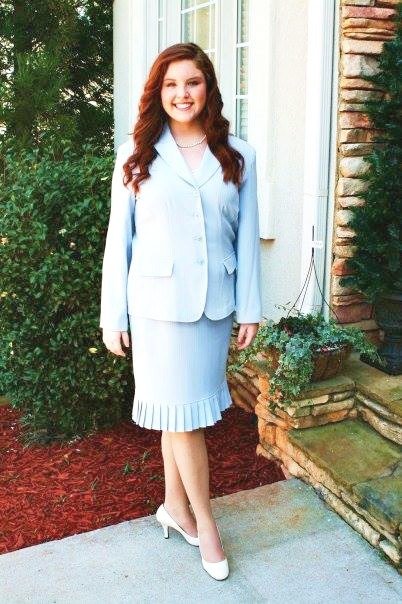
"Girls either gave up after a few tries, or they kept going and they developed an eating disorder. There weren’t that many girls who were like me who just stayed soft the entire time," Froug said. "The turnover rate between heavier girls is so drastically high compared to the turnover rate between girls who are smaller," she said.
Rachel recalled a curvier pageant girl who developed an eating disorder after winning a major pageant in order to stay successful.
"Since that pageant, she had felt the pressure to be thin was so high, that she had to develop this eating disorder… She [thought she] had to lose weight to continue to win pageants, because she knew she couldn’t sustain the success without it," she said.
While Froug is proud of her time in pageants, she recognizes the institutions have a long way to go when it comes to body diversity.
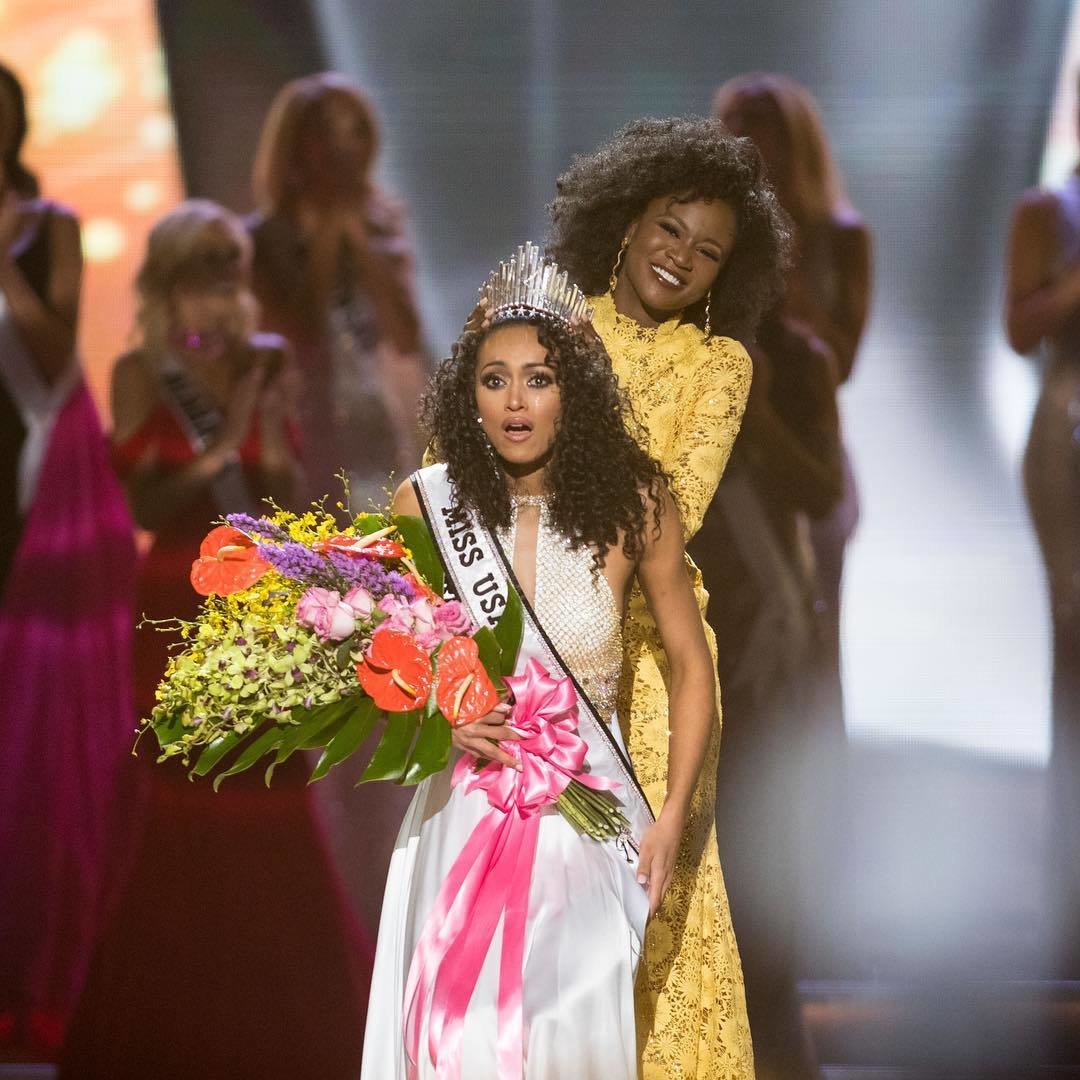
Although neither Miss USA or Miss America have body requirements to compete, it's rare to see a curvy competitor. This is reflected all the way down to the way weight and health is discussed in these national pageants themselves.
"Sometimes [a contestant's] main topic is literally, 'Look, I used to be fat and I’ve realized the joy of eating well.' And it’s a little patronizing, because it gives girls like me absolutely no inspiration, except for to lose weight," she said.
When asked if she would compete at her current size — a size 16 — Froug said no.
"And as much as I hate it, if they’re going to put up a girl who’s exactly like me, and exactly as charming, they’re going to choose the girl who looks 'healthier,'" she said.
However, she has hope that the pageant world will have no other choice than to accept girls of all sizes who want to compete.
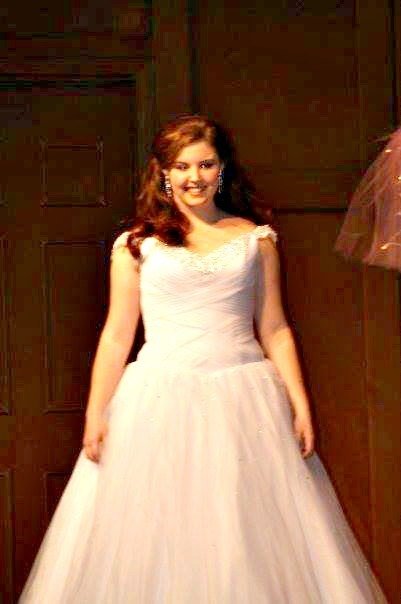
"I think in 20 years, the world is going to have to accept that girls are becoming empowered at a much younger age. And with this newly found confident generation, you’re going to have girls a lot more of them, who are beautiful and confident and they want to show the world how confident they are at bigger sizes. And it’s going to force people to realize why they don’t want them to win pageants," she said.
"And I really hope what comes out of that is that we start accepting girls, specifically young girls, for who they are."
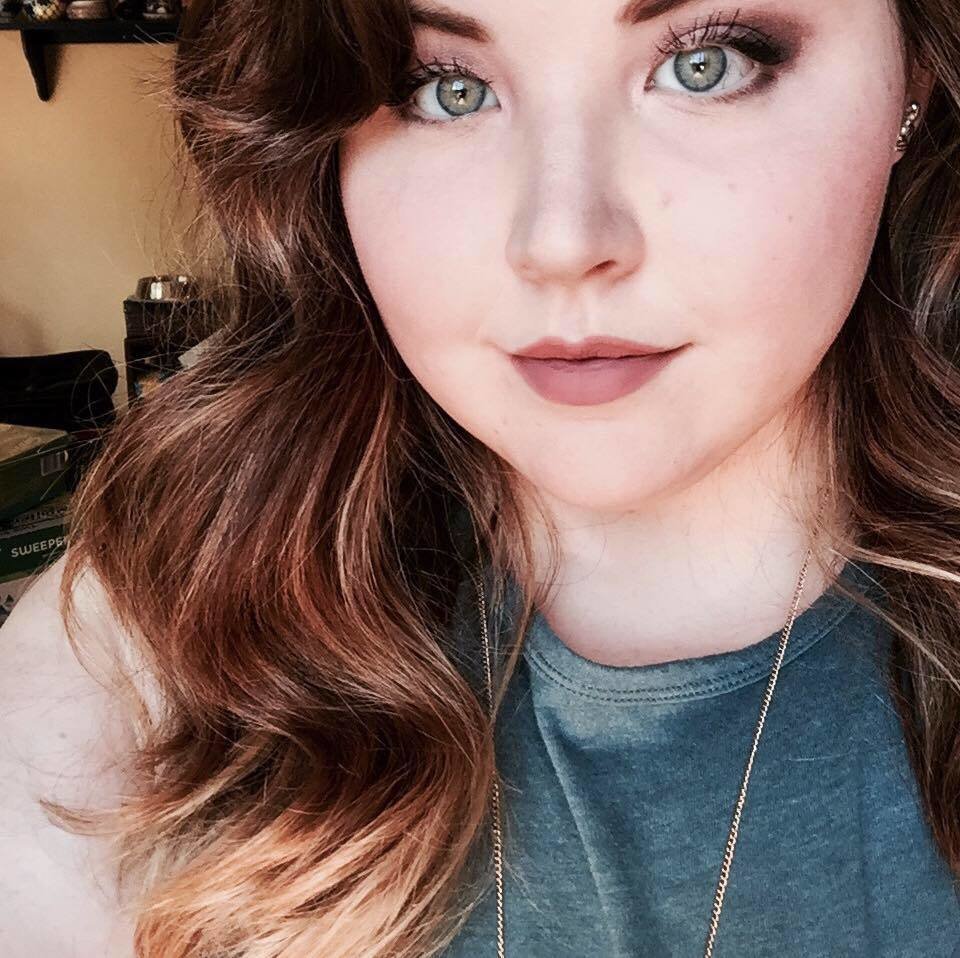
"I think that if the weight stigma wasn’t there, you’d have a lot more girls trying to be role models, and you’d have a lot more girls feeling empowered by the other girls around them," she predicted.
Hopefully Froug's experiences and openness will kickstart the dialogue toward body diversity in the pageant world.




